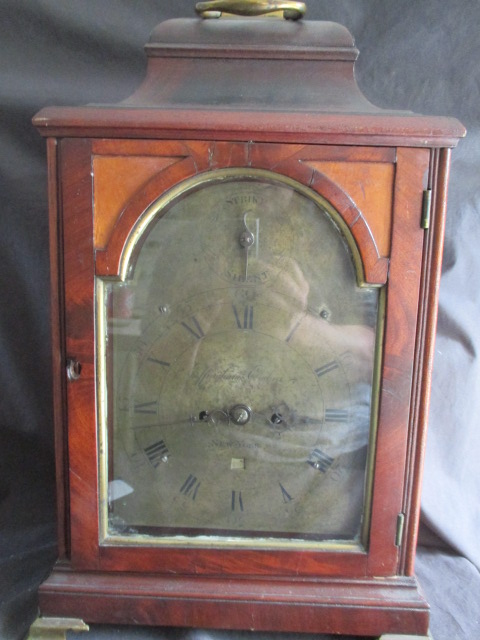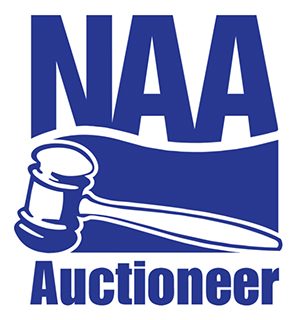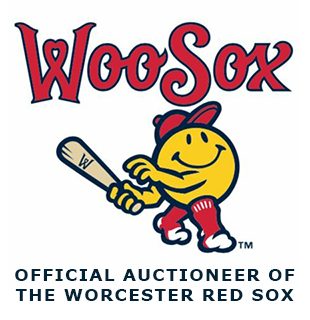A skilled craftsman might have made your antique clock, but time has made that timepiece valuable – potentially. Exquisitely built clocks come in all shapes and sizes, and from many different time periods and countries. Many were made right here in Massachusetts.
If your clock is rare and in good condition – and not simply old – it may be worth a great sum at auction. Contact Central Mass Auctions today for an assessment, or keep reading to discover more about auctioning your antique clock.
A quick history of clocks
Clocks have evolved greatly, even since the mid 20th century. In the 1960’s and 1970’s you might have used a windup alarm clock that had a bell alarm with hour and minute hands. You are now likely to wake up to music or the buzz of an alarm and check the time on the digital face as you reach for the snooze button. The measurement of time has been important since prehistoric people recorded the phases of the moon and the position of the stars. Many innovations occurred in recording time, well before the production of electric clocks.
An Egyptian sundial still exists from 800 BC according to historyworld.net. A water clock (clepsydra) used the amount of water that dripped from a tank to measure time. It is estimated to have been used from the 14th to 16th century. An hour glass filled with sand was common in 18th century British pulpits.
A Buddhist monk built a tower clock in 1094 that used a water wheel and incorporated mechanical clockwork. European clock makers developed a clock in 1275 that was accurate to within a quarter hour a day. Clocks were first used in cathedrals before becoming available to kings and nobles in the 15th century. The mid to late 17th century saw the introduction of pendulums. During the 18th century many innovations occurred as timepieces were fine tuned to be accurate at sea.
The pendulums that were developed were used in Tall Case (also known as Grandfather) clocks in the 17th century. American craftsman created fine examples in the 18th and 19th century. A January “Robb Report” article stated that a rare circa 1740 Philadelphia Tall Case clock sold for $1.6M in 2004.
Banjo clocks were produced in the early 19th century by clockmakers including Simon Willard of Grafton. They are called banjo clocks because their shape resembles the musical instrument. Some of Willard’s clocks can bring five figure prices. Other Willard family members were also clock makers. The Willard museum in North Grafton, MA offers visitors the opportunity to view Willard clocks.
Bracket clocks are shelf clocks that were produced in the late 18th and early 19th century. Many were made by English manufacturers and labeled with American clockmakers’ names. In one of our auctions we sold one that brought $13,800.
In the 1830’s Ogee clocks were developed in the United States. The have an “S” shape (i.e. an Ogee) molding in a rectangular case. The values are lower than earlier clocks with examples typically selling for less than $100 to the low $100’s.
Connecticut had many clock makers who produced a variety of clocks in the 19th century. Seth Thomas, Ansonia, New Haven, Waterbury and Ingraham are some of the more well known manufacturers. Factories produced shelf, mantle and banjo clocks in marble, slate, metal and wood. They manufactured many gingerbread clocks, which were ornate clocks made of pressed wood. The gingerbread clocks sell for prices similar to Ogee clocks.
Are antique clocks valuable?
Yes, in that clocks follow the same rules as most other antiques and collectibles: Earlier pieces that are well-crafted command strong prices. Clocks in good working condition with original parts are the most desirable to collectors.
Sell your clock at auction
Central Mass Auctions can help you determine what your sculpture is worth, and how best to get it in front of interested collectors at auction. We run both live auctions and online auctions. Contact us today to determine the value of your sculpture and the highest-value auction strategy.





